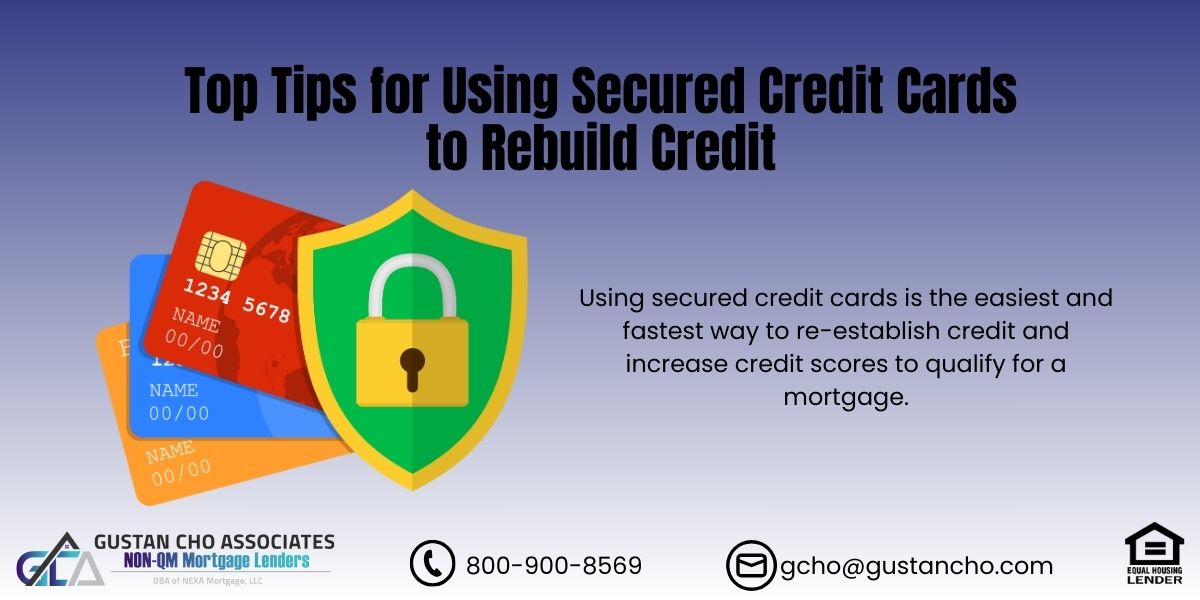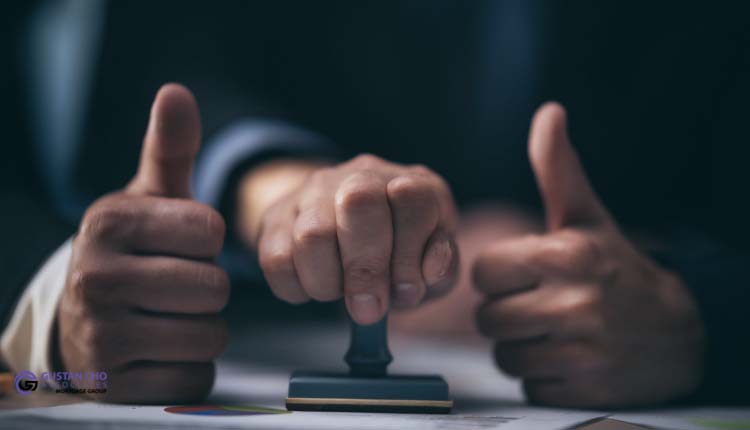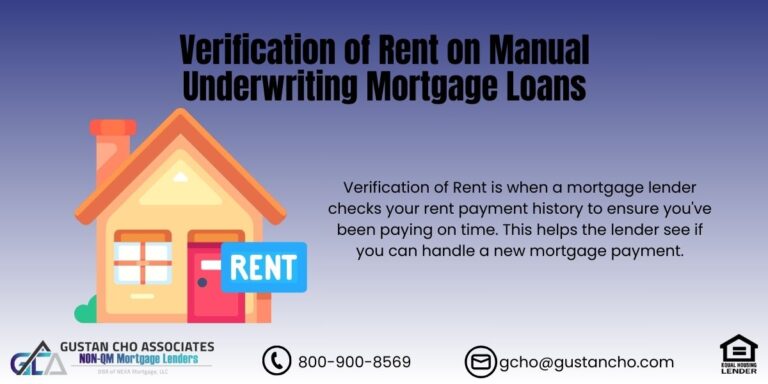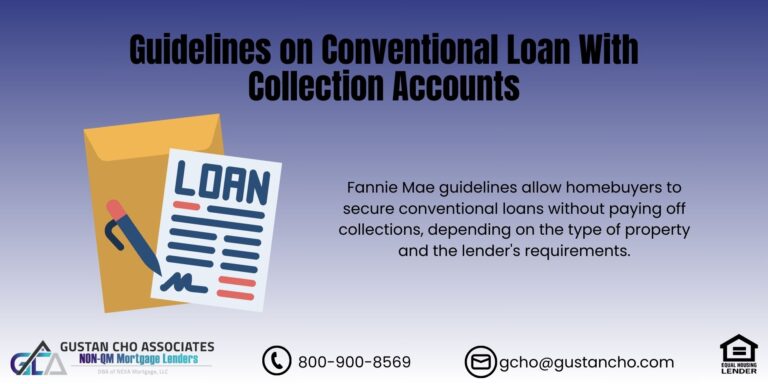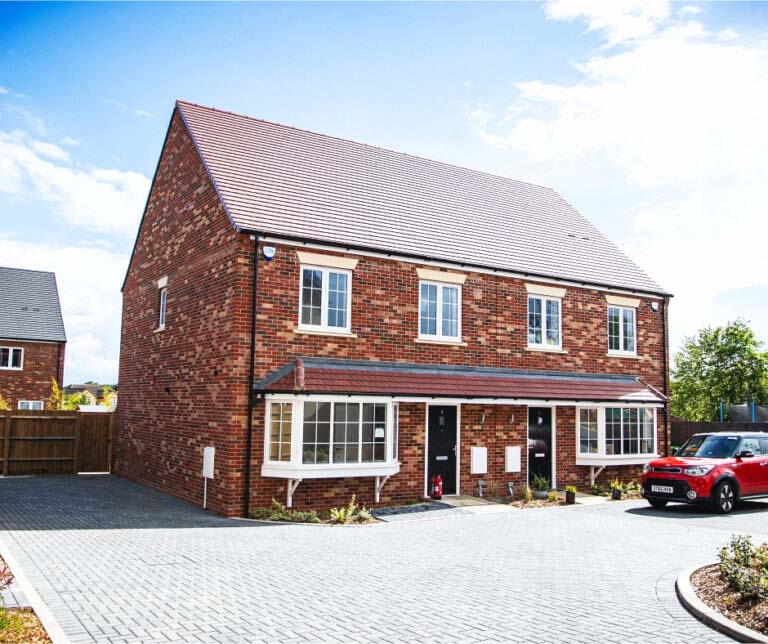Top Tips for Using Secured Credit Cards to Rebuild Credit
How Can Secured Credit Cards Help You Rebuild Credit and Qualify for a Mortgage in 2024?
If you dream of buying a home, you might wonder how to boost your credit to qualify for a mortgage. Good news—rebuilding credit isn’t as hard as you think, and secured credit cards are a powerful tool to get you there faster.
Whether you’ve faced financial challenges like bankruptcy or foreclosure or need to establish credit for the first time, using secured credit cards strategically in 2024 can set you on the right path toward homeownership.
This guide will explain the workings of secured credit cards, their capacity to enhance your credit score, and the necessary qualifications for obtaining a mortgage, even after experiencing financial challenges.
Understanding Secured Credit Cards
Let’s begin with the fundamentals. Secured credit cards necessitate a cash deposit as collateral. Unlike unsecured traditional credit cards, the deposit decreases the lender’s risk. It enables them to provide you with a card even if your credit score is not excellent.
Here’s how they work:
- You make a deposit (usually between $200 and $500) that acts as your credit limit.
- Like any other credit card, you use the card to buy things, make payments, and manage your account.
- Payments on a secured card are reported to the credit bureaus, helping you build or rebuild your credit score.
- After a set period of responsible use, you can often transition to an unsecured credit card, where the deposit is returned.
Speak With Our Loan Officer for Mortgage Loans With Low Credit Scores
Why Secured Credit Cards Matter for Your Mortgage
Lenders carefully examine your credit score and financial history to determine whether to approve you for a mortgage. If your credit has taken a hit because of bankruptcy, foreclosure, late payments, or you were victims of the Great Recession of 2008, it’s important to re-establish your credit to show lenders you’re financially responsible.
Secured credit cards provide one of the simplest and fastest methods. By using secured credit cards, you can rapidly enhance your credit score, often within just two to three months.
The Quick Path to Boosting Your Credit Score in 2024
Here’s the good part. Getting three to five secured credit cards with low credit limits (think $500 per card) can significantly boost your score. According to experts like Dale Elenteny, a Non-QM mortgage lender, each secured card can raise your credit score by up to 30 points. That means, with three cards, you could see an increase of 90 points or more in just a few months.
With a stronger credit score, you’ll qualify for better mortgage rates and lower down payments. The higher your score, the better deal you’ll get when buying or refinancing your home.
Rebuilding Credit After Bankruptcy or Foreclosure in 2024

If you’ve gone through a Chapter 7 bankruptcy, foreclosure, or short sale, it’s not the end of the road. You can rebuild. FHA loans are especially forgiving for borrowers with these financial setbacks. To qualify, lenders want to see that you’ve re-established credit and shown financial responsibility for at least two years after the discharge of bankruptcy or three years after foreclosure or short sale.
Using secured credit cards is key to this process. Here’s a step-by-step guide to rebuild your credit and qualify for a mortgage after these events:
- Open 3-5 secured credit cards. Start with low deposit amounts—about $500 per card is typical.
- Keep your credit utilization low. This means not maxing out your cards. Ideally, keep your balance below 10% of your credit limit.
- Make payments on time. Payment history is the most important factor in building credit. One late payment can hurt your credit standing.
- Watch your credit report. Make sure that it correctly shows your timely payments. You have the right to receive one complimentary credit report every year from Experian, Equifax, and TransUnion.
- Avoid unnecessary credit inquiries. Getting multiple lines of credit at the same time can harm your credit score despite the benefits of using secured credit cards.
By following these steps, you’ll see positive changes in your credit score within two to three months.
Click Here to Apply For Mortgage Loans With Low Credit Scores
FHA and VA Loans: Your Path to Homeownership
If you’ve been struggling with bad credit, you’re not alone. Luckily, programs like FHA loans are designed for borrowers with credit challenges. In 2024, FHA loans require a minimum credit score 580 with just a 3.5% down payment. If your score is below 580, you’ll need at least 10% down, but you can still qualify.
VA loans do not require a down payment for qualified veterans. Nevertheless, they are solely accessible to active military personnel, veterans, and surviving spouses who fulfill specific criteria.
The Role of Secured Credit Cards in FHA Loan Qualification
To qualify for an FHA loan, lenders want to see that you’ve made efforts to rebuild your credit after bankruptcy or foreclosure. By opening secured credit cards and managing them responsibly, you’ll demonstrate that you’re serious about restoring your financial health.
It’s important to note that you don’t have to pay off outstanding collections or charge-offs to qualify for an FHA loan. However, if you’ve had significant derogatory marks on your credit report, lenders may require evidence that you’ve rebuilt credit—secured credit cards are the perfect way to prove it.
Credit Disputes and Mortgage Approval in 2024
One thing you’ll need to avoid during the mortgage application process is credit disputes. HUD’s guidelines for FHA loans don’t allow credit disputes on non-medical collections totaling $1,000 or more. If you have credit disputes, you’ll need to resolve them before proceeding with your mortgage application.
But what about medical collections? Fortunately, medical collections are treated differently. You can still dispute medical collections, and they won’t prevent you from getting an FHA loan.
How Non-Medical Collections Affect Your Mortgage Application
Suppose you have non-medical collections over $2,000. In that case, FHA guidelines require that the lender include 5% of the balance in your debt-to-income (DTI) ratio. This doesn’t mean you need to pay off the collection, but it will count against your DTI, which could impact your loan approval.
To keep your DTI in check, consider setting up a payment plan with the creditor. The monthly payment agreed upon in the plan will replace the 5% balance, helping you manage your DTI.
Why Secured Credit Cards Are the Easiest Way to Rebuild Credit
Secured credit cards are an excellent option because they’re easy to get and give you control over rebuilding your credit. Even if you’ve faced financial hardships, most people can qualify for a secured credit card as long as they have the cash deposit available.
Here’s why they’re so powerful:
- Credit Reporting: Secured credit card reports to all three credit bureaus, making them an ideal way to improve your credit score.
- Low Risk: Secured credit cards provide the opportunity to rebuild credit with a low deposit and a credit limit that is easy to manage, allowing you to avoid the risk of overspending.
- Fast Results: With responsible use, your credit score can improve within 60-90 days—just in time to start thinking seriously about your mortgage options.
Speak With Our Loan Officer for Mortgage Loans With Low Credit Scores
Secured Credit Cards: A 2024 Success Story
Imagine this scenario: Sarah, a single mom who filed for bankruptcy three years ago, is ready to buy a home. Her credit score is in the low 500s, and she’s been denied credit cards. Sarah decides to open three secured credit cards with $500 limits each. She uses the cards for small purchases, paying off the balances in full each month.
After three months, Sarah’s credit score jumps by 90 points, putting her in a better position to qualify for an FHA loan. In the meantime, Sarah has also been saving for a 3.5% down payment. Sarah qualifies for a mortgage thanks to her improved credit and financial discipline. She moved into her new home six months later.
How to Get Approved for a Mortgage in 2024
If you’re ready to take the next step toward homeownership, it’s time to get your credit in shape. Here’s a recap of the process:
- Start with secured credit cards: Open 3-5 cards with small credit limits.
- Pay your bills on time: Keep balances low and make payments promptly.
- Watch your DTI: Manage your debt-to-income ratio by paying down high balances and avoiding new debt.
- Prepare your down payment: Save for at least 3.5% of the home’s purchase price if you’re pursuing an FHA loan.
- Stay patient: Credit rebuilding takes time, but the results are worth it. Stick to the plan, and you’ll be much better positioned to get approved for a mortgage in 2024.
Need help getting started? Contact us today at Non-QM Mortgage Lenders. We specialize in helping borrowers rebuild credit and qualify for mortgages, even after facing financial hardships. We offer loans with no lender overlays and can help you through every step, from improving your credit with secured credit cards to securing your mortgage approval. Reach us at 800-900-8569 or email us at gcho@gustancho.com. Let’s make 2024 the year you buy your dream home!
Frequently Asked Questions About Secured Credit Cards:
Q: What is a secured credit card?
A: A secured credit card requires a cash deposit as your credit limit and is useful for building or establishing credit.
Q: How do secured credit cards help improve my credit score?
A: Credit bureaus receive reports of your payments from secured credit cards. If you keep your balances low and make on-time payments, you can boost your credit score in 2-3 months.
Q: How much should I deposit for a secured credit card?
A: Most secured credit cards require a deposit between $200 and $500. This deposit becomes your credit limit, so choose an amount you can comfortably manage.
Q: Can I qualify for a mortgage with poor credit if I use secured credit cards to rebuild?
A: Yes, by using secured credit cards responsibly, you can raise your credit score and increase your chances of qualifying for a mortgage, even if you’ve had credit issues in the past.
Q: How many secured credit cards should I have to boost my credit score?
A: Experts recommend getting 3 to 5 secured credit cards with small credit limits (around $500 each) to help boost your score quickly.
Q: Will I get my deposit back after using a secured credit card?
A: Yes, after using the secured credit card responsibly for a set period, many issuers allow you to transition to an unsecured card and return your deposit.
Q: Can secured credit cards help me qualify for an FHA loan?
A: Yes, if you’ve had credit problems in the past, using secured credit cards to re-establish your credit can help you meet the requirements for an FHA loan, which allows for lower credit scores.
Q: How fast can secured credit cards improve my credit?
A: If you use secured credit cards wisely—keeping balances low and paying on time—you could see an improvement in your credit score within 60-90 days.
Q: What happens if I miss a payment on a secured credit card?
A: Remember to pay at least the minimum amount on time each month for a secured credit card, as you need to do so to ensure your credit score. It is essential to continue rebuilding your credit by avoiding missing payments.
Q: Are secured credit cards my only option to rebuild credit for a mortgage?
A: While secured credit cards are one of the fastest and easiest ways to rebuild credit, you can also improve your credit by paying bills on time, reducing debt, and regularly keeping track of your credit report.
Speak With Our Loan Officer for Mortgage Loans
This blog about “Top Tips for Using Secured Credit Cards to Rebuild Credit” was updated on October 7th, 2024.

